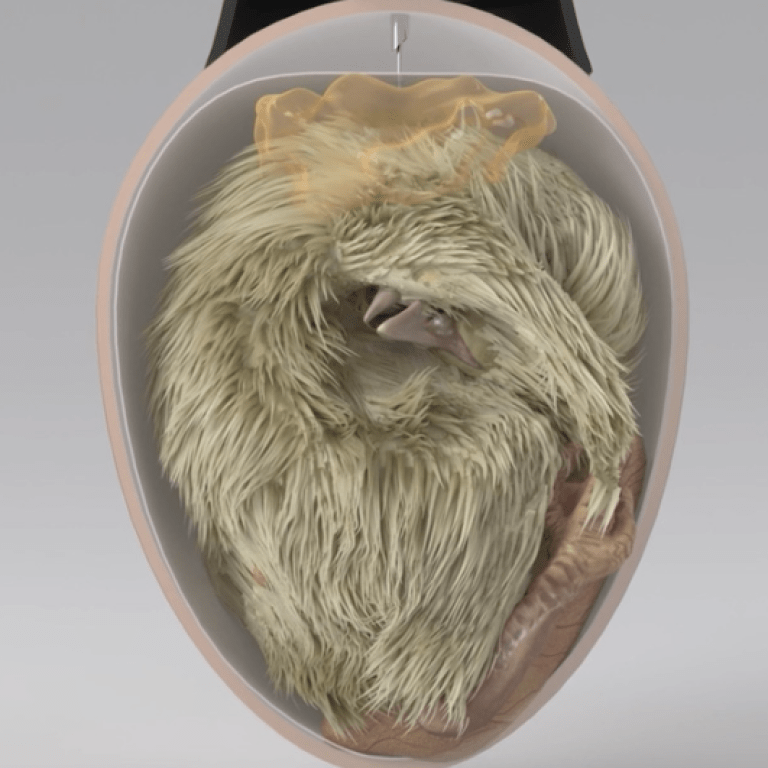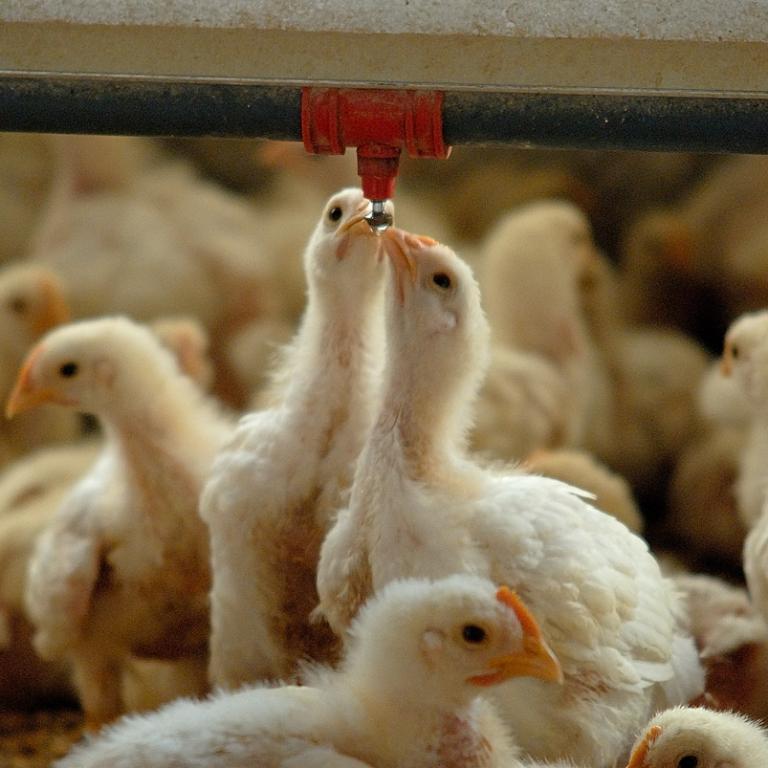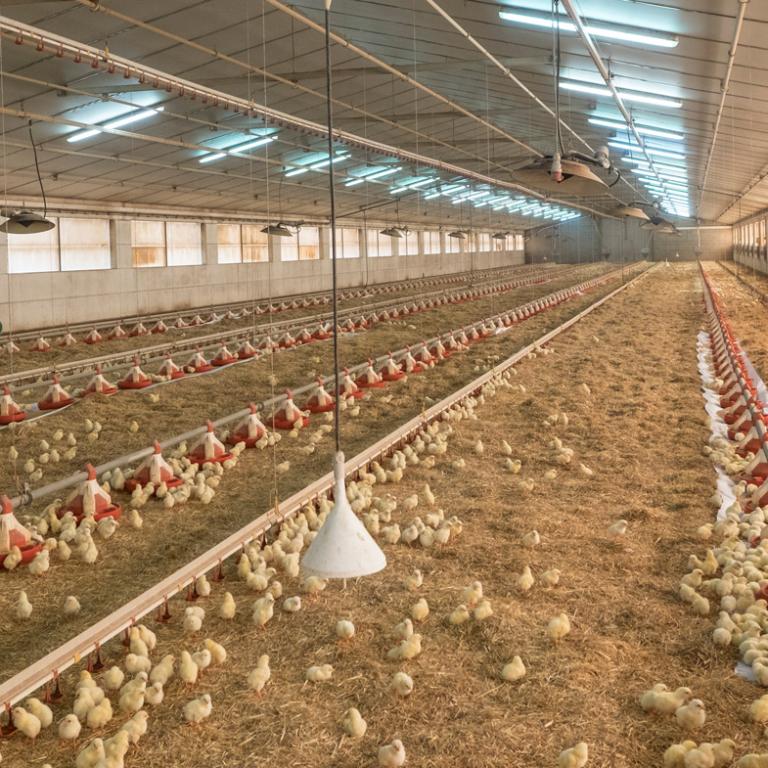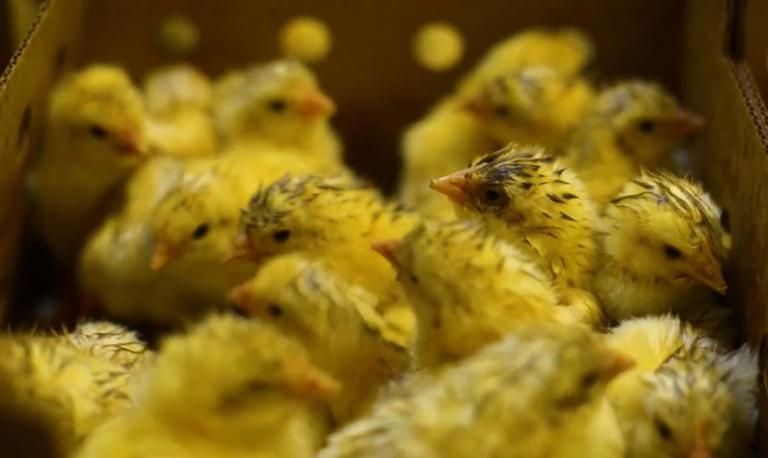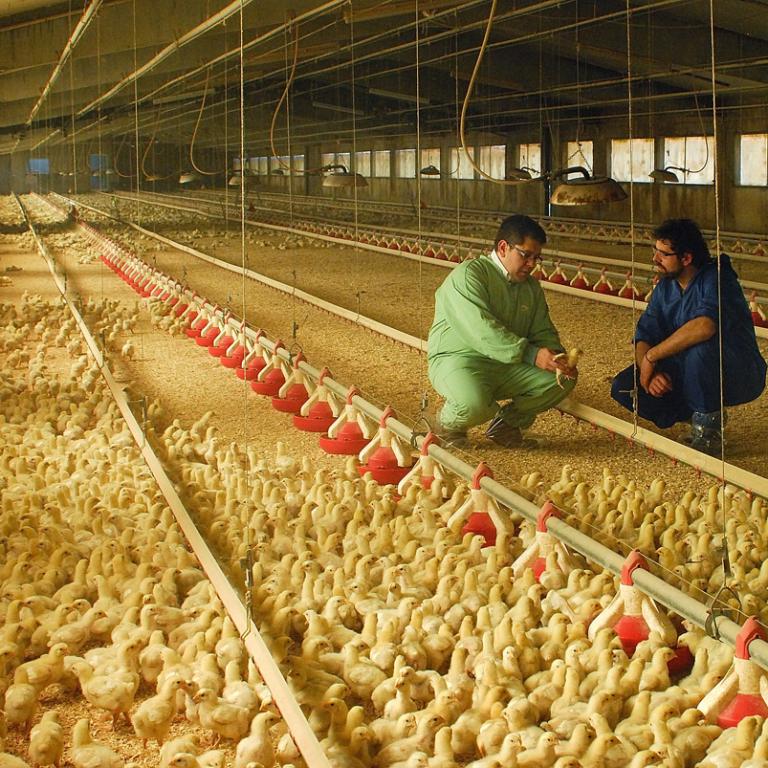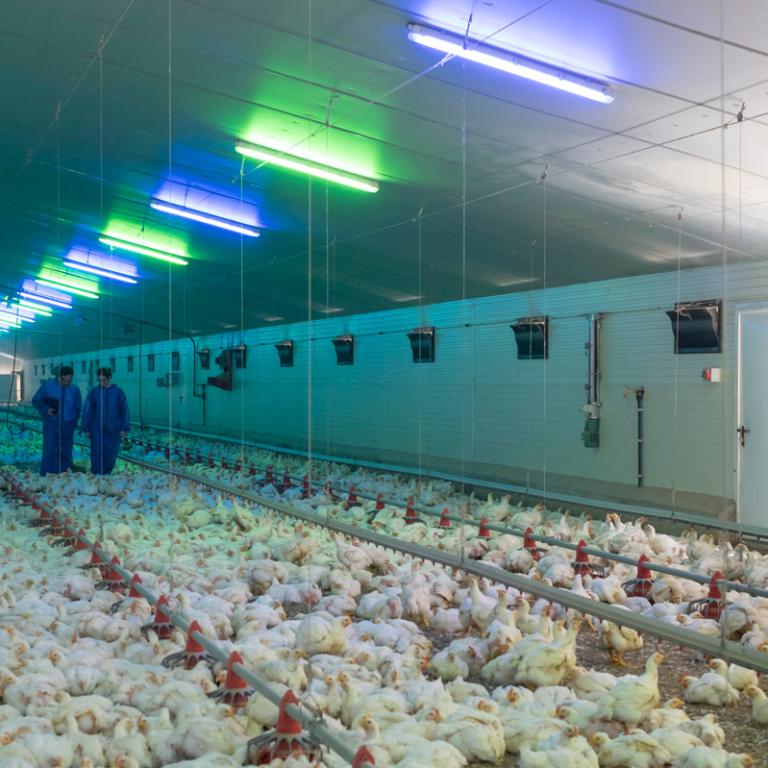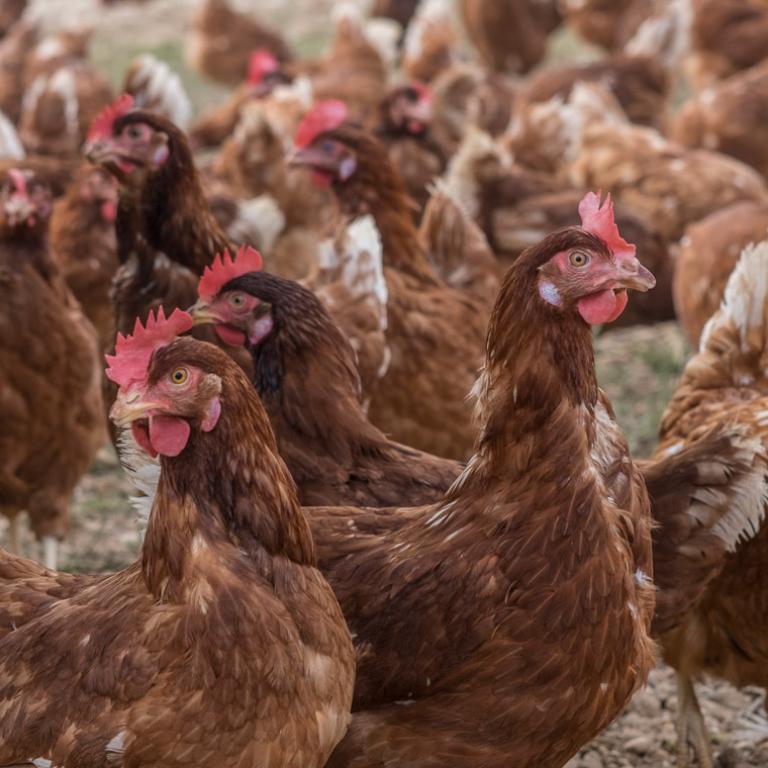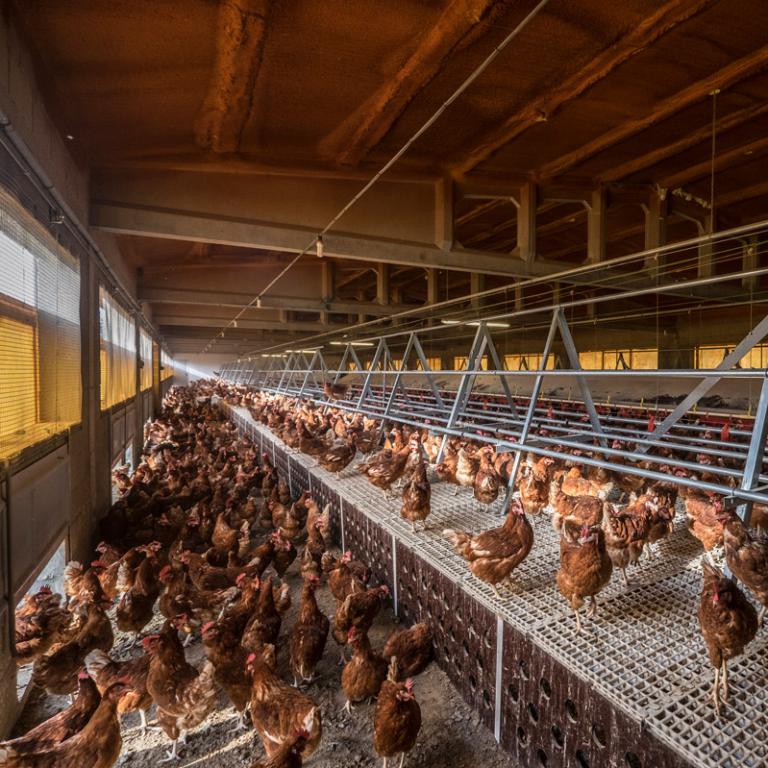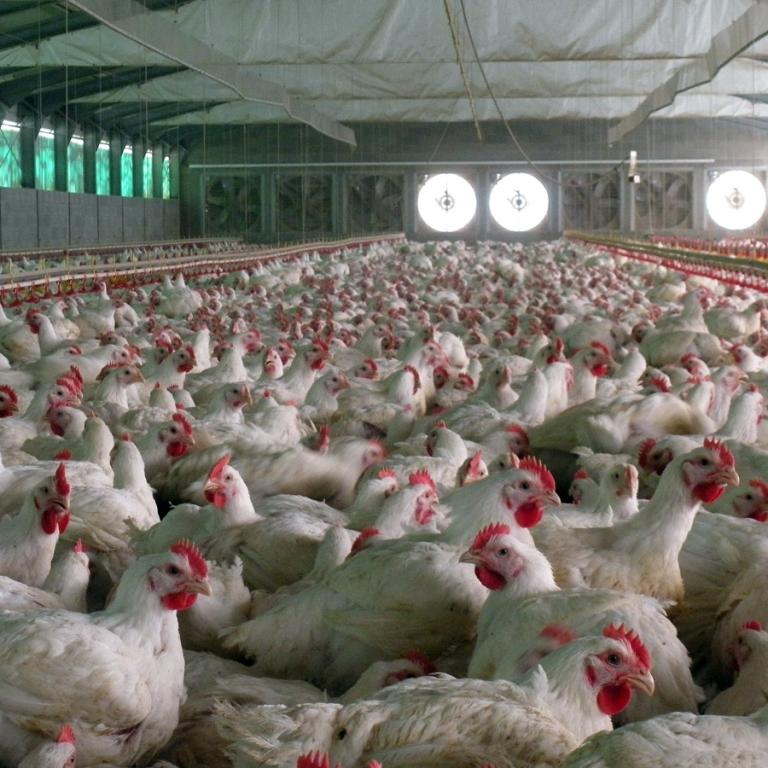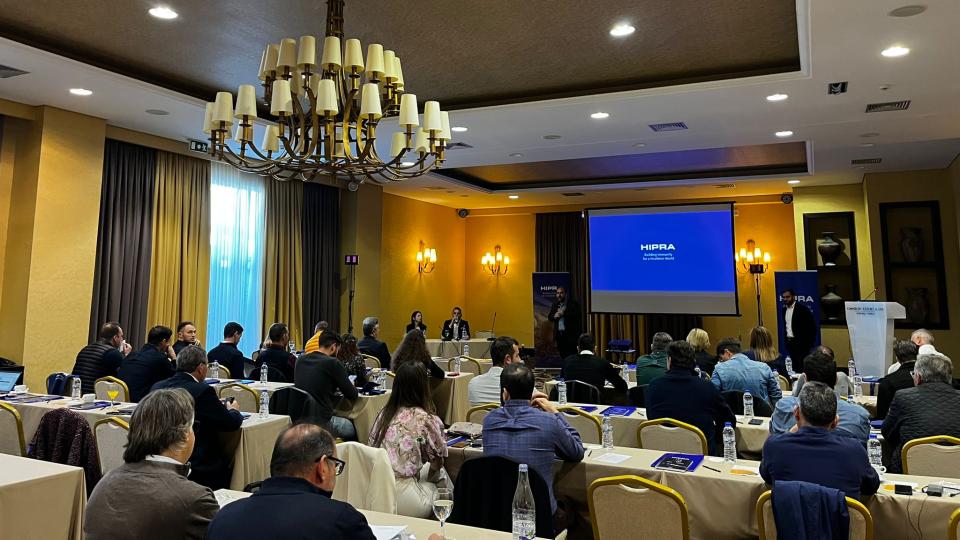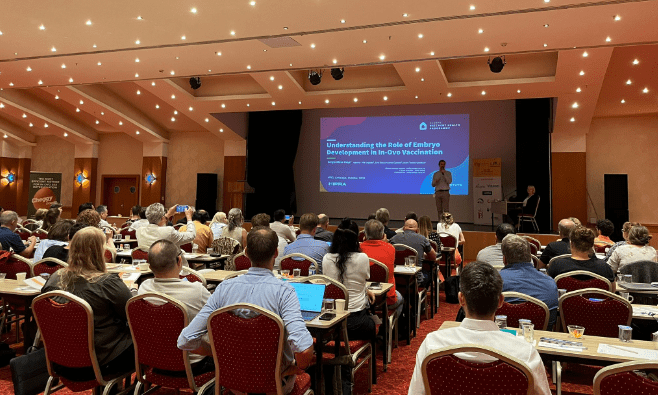Fowl typhoid is a disease produced by the bacterium Salmonella Gallinarum (SG), scientifically described as a non-motile, facultatively anaerobic and host-restricted serotype - a microorganism distributed worldwide that threatens the viability and performance of heavy breeders, commercial layers and broilers. Owing to their longer life cycle, SG outbreaks are reported more frequently in commercial layers in particular, which in some countries is a reason for mandatory culling. In terms of prevention, there are various tools to reduce the risk of an outbreak.
Focusing on vaccines, there are live SG9R vaccines that stimulate mainly cellular immunity, and inactivated Salmonella Enteritidis (SE) vaccines that stimulate mainly humoral immunity, also known as antibody mediated response, providing life-long immunity through B-cells. Many authors in the past have described the serological relationship between SE and SG, as both serotypes share same somatic antigenic formula (O: 1,9,12), so that the antibodies produced after delivering an inactivated SE vaccine would cross-react against different serotypes belonging to the same serogroup D.
This study was conducted to investigate the efficacy of different vaccination programmes, including SE-based vaccines, in controlling the systemic infection caused by an experimental challenge with Salmonella Gallinarum in commercial laying hens.
